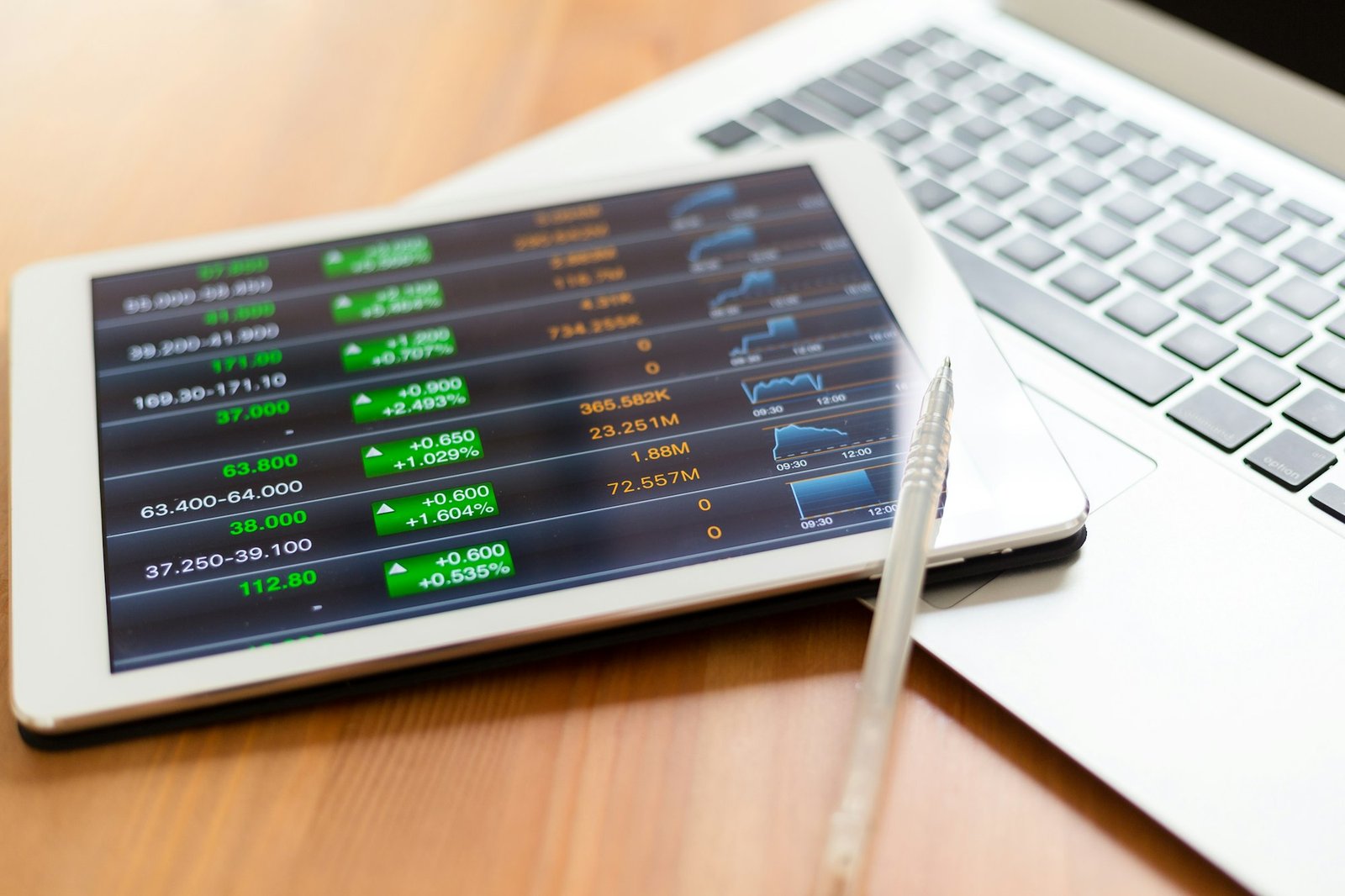
DEMAT ACCOUNT
Investors hold shares and securities in an electronic format.
A Demat Account or Dematerialised Account provides the facility of holding shares and securities in an electronic format. During online trading, shares are bought and held in a Demat Account, thus, facilitating easy trade for the users. A Demat Account holds all the investments an individual makes in shares, government securities, exchange-traded funds, bonds and mutual funds in one place.
Demat enabled the digitisation process of the Indian stock trading market and enforced better governance by SEBI. In addition, the Demat account reduced the risks of storing, theft, damage, and malpractices by storing securities in electronic format. It was first introduced in 1996 by NSE. Initially, the account opening process was manual, and it took investors several days to get it activated. Today, one can open a Demat account online in 5 mins. The end-to-end digital process has contributed to popularising Demat, which skyrocketed in the pandemic.
Dematerialisation is the process of converting the physical share certificates into electronic form, which is a lot easier to maintain and is accessible from anywhere throughout the world. An investor who wants to trade online needs to open a Demat with a Depository Participant (DP). The purpose of is to eliminate the need for the investor to hold physical share certificates and facilitating a seamless tracking and monitoring of holdings.
Regular Demat Account
This allows you to buy and sell shares in electronic form, ensuring convenient and secure storage of your investments. The Securities and Exchange Board of India (SEBI) has recently introduced a new type of Demat account called the Basic Services Demat Account (BSDA).
Repatriable Demat Account
Repatriable demat accounts are designed for NRIs who want to invest in Indian securities and repatriate funds abroad. Non-repatriable demat accounts are also for NRIs but do not allow fund repatriation. BSDA accounts are ideal for small investors with lower holdings.
Non-Repatriable Demat Account
A non-repatriable Demat account is used to hold the securities of non-resident Indians. Using this account, NRIs can trade in the Indian financial market. However, they cannot freely transfer funds from their NRO account to their bank account outside India.

DOCUMENTS REQUIRED FOR OPENING A DEMAT ACCOUNT
- Aadhar Card
- PAN Card
- Address Proof
- Passport Size Photo
- ID Proof
- Last 6 Month Bank Statement
Demat Account Charges
Although any investor can open a free Demat account, there are certain charges that are levied on that account to ensure its smooth operations. Each brokerage firm (including banks) comes with its unique brokerage charges. Here are some of those– Annual Maintenance Charges: Almost every firm levies a fee as an annual maintenance charge for Demat account. Depositories follow specific guidelines to calculate the fee applicable for each investor. SEBI has implanted a revised rate for Basic Services Demat Account, or BSDA, from 1st June 2019. According to the revised guidelines, no annual maintenance charge will be applicable for debt securities of up to Rs.1 lakh, while a maximum of Rs.100 can be levied on holdings of Rs.1 lakh to Rs.2 lakh. Custodian Fees: Depository partners charge a custodian fee as a one-time or annual basis. The sum is paid directly to the depository (NDSL or CDSL) by the company. Demat and Remat charges: Such expenses are levied as a percentage of the total value of shares purchased or sold to cover all digitisation or physical print costs of securities. Other than the above-mentioned fees, an investor is also liable to pay fees like credit charges, applicable taxes and CESS, rejected instruction charges, etc. Demat accounts play a crucial role in stock market investments, as it is one of the most common methods of investing in the stock market. However, recently, several online platforms provide the benefit of online trading without such accounts.
